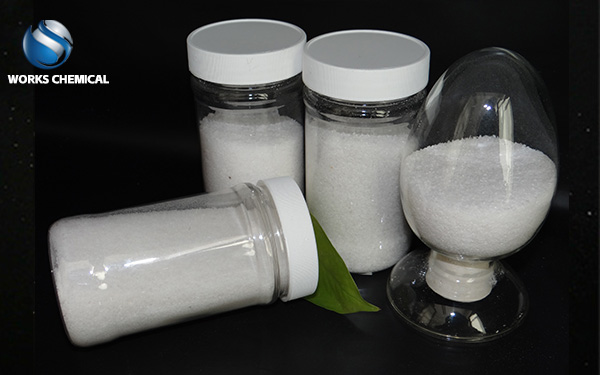
Sludge enhishers perform well in solving the problems of "thin" and "runny" mud cakes, as well as improving the efficiency of dehydration. Here's the breakdown:

First, to solve the mud cake "thin" and "runny" problems
Improve mud cake thickness and dryness:
The dryness and thickness of mud cake can be greatly improved by sludge synergist. In the process of deep dewatering of sludge, the use of sludge synergists can react more effectively with solids in the sludge, making the mud cake after filtration more thick and lower water content.
Traditional sludge dewatering methods, such as the use of polyacrylamide and other conditioning agents, may be due to complex conditioning process, serious waste of chemicals and other reasons, resulting in insufficient mud biscuit degree, there is a "runny" phenomenon. The sludge enhancer can realize the deep dewatering of the sludge more efficiently to avoid this problem.
Reduce residue in filtrate:
In the process of sludge dewatering, the sludge synergist reacts fully with the substances in the sludge, so that the residual substances in the filtrate are reduced, the sedimentation rate is fast, and the water yield is large. This helps to reduce the burden of subsequent processing and improve the overall processing efficiency.
Small difference in internal and external dryness:
The difference in dryness between inside and outside of the mud cake formed by the sludge treated by the sludge synergist is small, which avoids the "runny" phenomenon of high internal moisture content, dry outside and wet inside of the mud cake in the traditional method.
Second, improve the efficiency of dehydration
Fast response speed:
The sludge enhancer has a fast reaction rate and can react with the substances in the sludge in a short time, so as to achieve rapid dehydration. This helps to improve overall processing efficiency and reduce processing time.
Easy to operate:
Sludge enhancers are easy to use and do not require complex conditioning processes. In the sludge dewatering process, the sludge synergist can be directly added, and then the press filtration treatment is carried out. This helps reduce operational difficulty and labor costs.
Improve equipment efficiency:
Traditional sludge dehydrators may cause problems such as corrosion or blockage of sludge dewatering equipment, while sludge enhancers can effectively avoid these problems. After the use of sludge enhancer, the working efficiency of the dewatering equipment is improved, which helps to further improve the dewatering efficiency.
Third, other advantages
Reduce solid waste treatment costs:
The use of sludge enhancers can reduce the amount of solid waste produced by conditioning, thus reducing the cost of solid waste treatment. This is important for institutions such as sewage treatment plants that need to deal with large amounts of sludge.
Do not change sludge properties:
Sludge enhancers do not change the properties of sludge during dehydration, such as pH value and organic matter content. This helps to maintain the original characteristics of the sludge and facilitate subsequent treatment or utilization.
In summary, the sludge synergist has significant advantages in solving the problems of "thin" and "runny" mud cake and improving the efficiency of dehydration. The efficient and stable treatment of sludge can be achieved, the treatment cost can be reduced, and the treatment efficiency can be improved by using sludge synergists.